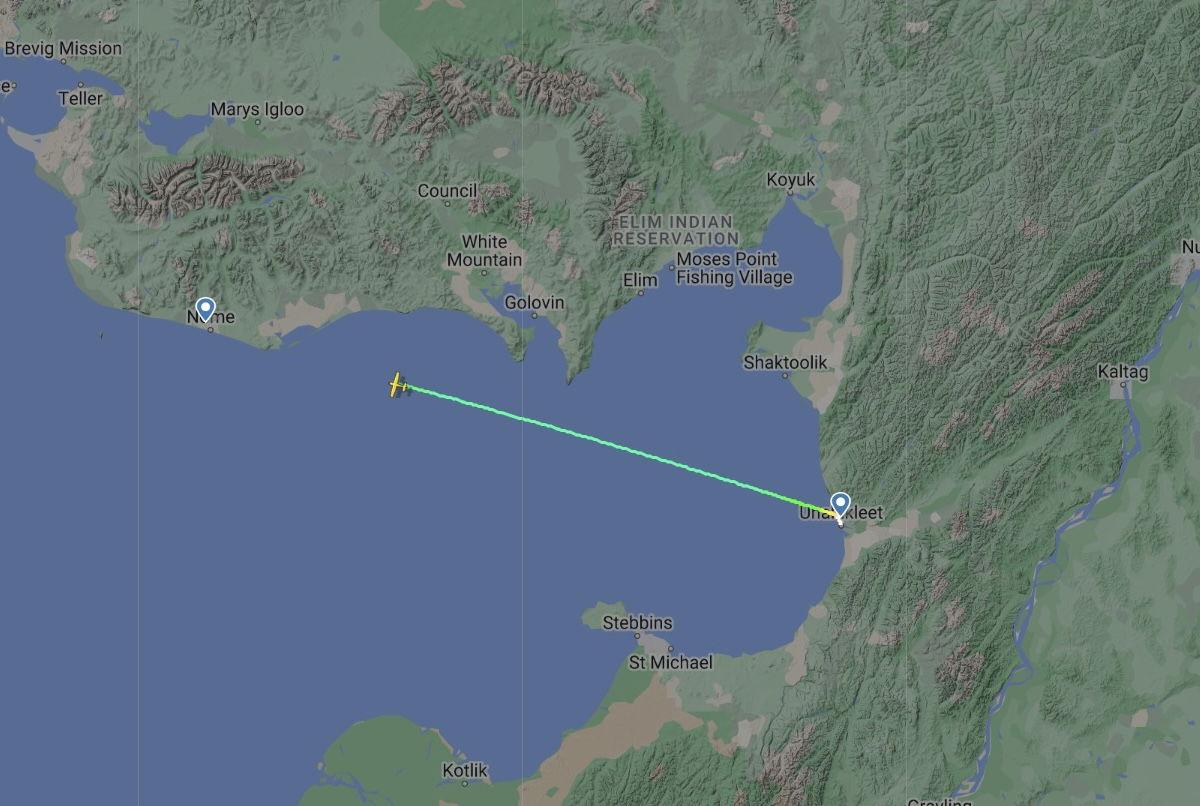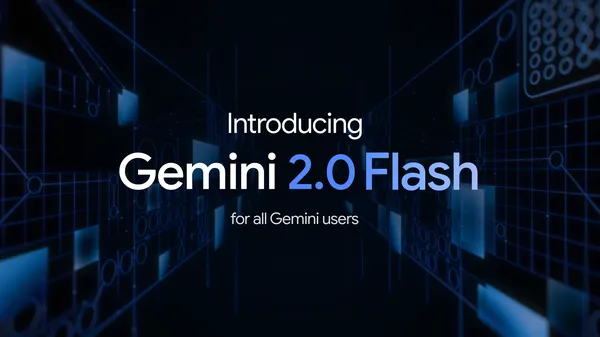Choosing the Right DevOps Monitoring Tool: AWS CloudWatch vs. Prometheus
When it comes to monitoring your DevOps infrastructure, selecting the right tool can make all the difference in maintaining system reliability and performance. Two popular options are AWS CloudWatch and Prometheus, each with its own strengths and use cases. AWS CloudWatch Scope: Monitors the entire infrastructure, including servers. Metrics: Tracks up to 21 metrics. Scrape Time: Checks metrics every 60 seconds, with the ability to extend to longer intervals. Use Case: Ideal for general monitoring and checking system health over longer periods. Prometheus Scope: Focuses on server and infrastructure monitoring. Metrics: Capable of monitoring over 1,000 metrics. Scrape Time: Checks metrics every 15 seconds to 1 minute, allowing for faster detection of issues. Evaluation Time: Evaluates metrics within 15 to 60 seconds, enabling quicker response to anomalies. Default Timeout: If no response is received within 10 seconds, it triggers a timeout, ensuring timely error detection. Time Series Database: Stores initial metrics and only updates changes every 15 seconds, avoiding duplication and optimizing storage. Key Takeaways Faster Detection: Prometheus, with its 15-second scrape time, can detect errors more quickly than CloudWatch, which operates on a 60-second interval. Comprehensive Monitoring: Prometheus supports over 1,000 metrics, making it more detailed and versatile for complex infrastructures. Efficient Storage: Prometheus uses a time series database to store and update only the changes in metrics, reducing duplication and saving storage space. Conclusion While AWS CloudWatch is a robust tool for general monitoring, Prometheus stands out for its faster scrape times, detailed metrics, and efficient storage mechanisms. For DevOps teams looking to detect and resolve issues swiftly, Prometheus offers a significant advantage. Choosing between these tools depends on your specific needs—whether you prioritize broader, less frequent monitoring or detailed, real-time insights. Both tools have their place in a DevOps toolkit, but Prometheus is particularly well-suited for environments where rapid detection and response are critical.

When it comes to monitoring your DevOps infrastructure, selecting the right tool can make all the difference in maintaining system reliability and performance. Two popular options are AWS CloudWatch and Prometheus, each with its own strengths and use cases.
AWS CloudWatch
- Scope: Monitors the entire infrastructure, including servers.
- Metrics: Tracks up to 21 metrics.
- Scrape Time: Checks metrics every 60 seconds, with the ability to extend to longer intervals.
- Use Case: Ideal for general monitoring and checking system health over longer periods.
Prometheus
- Scope: Focuses on server and infrastructure monitoring.
- Metrics: Capable of monitoring over 1,000 metrics.
- Scrape Time: Checks metrics every 15 seconds to 1 minute, allowing for faster detection of issues.
- Evaluation Time: Evaluates metrics within 15 to 60 seconds, enabling quicker response to anomalies.
- Default Timeout: If no response is received within 10 seconds, it triggers a timeout, ensuring timely error detection.
- Time Series Database: Stores initial metrics and only updates changes every 15 seconds, avoiding duplication and optimizing storage.
Key Takeaways
- Faster Detection: Prometheus, with its 15-second scrape time, can detect errors more quickly than CloudWatch, which operates on a 60-second interval.
- Comprehensive Monitoring: Prometheus supports over 1,000 metrics, making it more detailed and versatile for complex infrastructures.
- Efficient Storage: Prometheus uses a time series database to store and update only the changes in metrics, reducing duplication and saving storage space.
Conclusion
While AWS CloudWatch is a robust tool for general monitoring, Prometheus stands out for its faster scrape times, detailed metrics, and efficient storage mechanisms. For DevOps teams looking to detect and resolve issues swiftly, Prometheus offers a significant advantage.
Choosing between these tools depends on your specific needs—whether you prioritize broader, less frequent monitoring or detailed, real-time insights. Both tools have their place in a DevOps toolkit, but Prometheus is particularly well-suited for environments where rapid detection and response are critical.










![From freeCodeCamp to CTO with Robotics Engineer Peggy Wang [Podcast #159]](https://cdn.hashnode.com/res/hashnode/image/upload/v1738967132406/6ab8c7bb-397a-42b3-bb91-ff9c4842ead0.png?#)
































































